Shergarh Wildlife Sanctuary, in the beautiful Sirohi district of Rajasthan, is a hidden gem for wildlife enthusiasts and nature lovers. Covering an expansive area of 118.04 square kilometres, the sanctuary provides a peaceful retreat into the untamed beauty of the Aravalli Range. Home to a rich diversity of flora and fauna, including elusive leopards, sambar deer, and an array of bird species, Shergarh offers an ideal blend of tranquillity and adventure for those seeking a unique wildlife experience.
Location
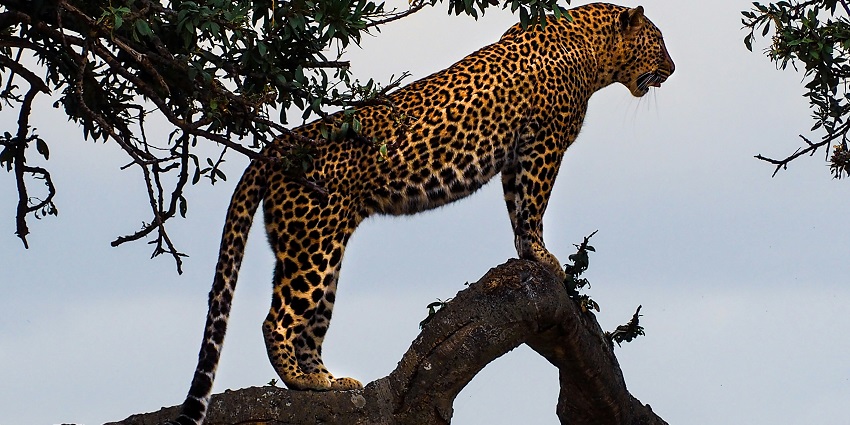
Photo: Bibake Uppal / Unsplash / Image For Representation Only
Shergarh Wildlife Sanctuary is in the Sirohi district of Rajasthan, India. Nestled within the Aravalli Range, the sanctuary is surrounded by scenic hills and dense forests. Its location provides a picturesque setting for wildlife viewing and nature exploration, offering a tranquil retreat away from the hustle and bustle of city life.
Suggested Read: Explore The Top Wildlife Sanctuaries In Rajasthan For A Wild Adventure
How To Reach Shergarh Wildlife Sanctuary
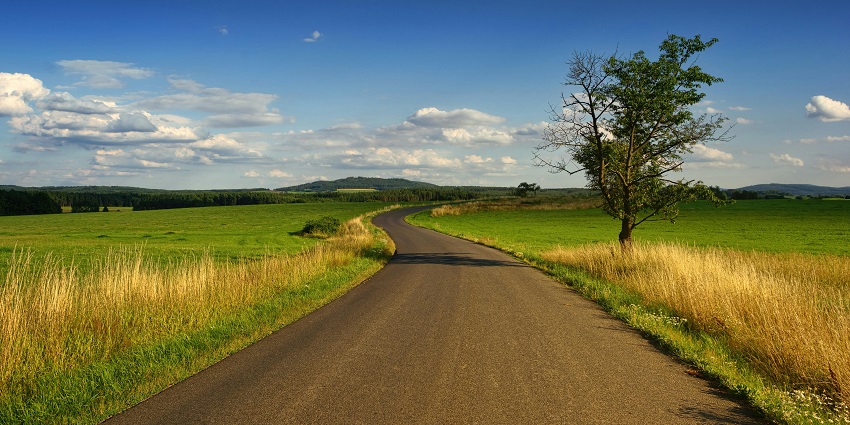
Photo: Johannes Plenio / Pexels / Image For Representation Only
By Air: The nearest airport to Shergarh Wildlife Sanctuary is Maharana Pratap Airport in Udaipur, approximately 100 kilometres away. From the airport, you can hire a taxi or use local transport to reach the sanctuary.
By Bus: Shergarh is accessible by bus from major cities in Rajasthan. Regular bus services connect Udaipur and other nearby towns to the sanctuary. Once in the vicinity, you can hire a taxi or take local transport to reach the sanctuary. The bus journey provides a scenic route through rural Rajasthan.
By Rail: The closest railway station to Shergarh Wildlife Sanctuary is Abu Road Railway Station, located about 60 kilometres away. From the station, you can hire a cab or use local transport to reach the sanctuary. The train journey offers a glimpse of the diverse landscapes of Rajasthan.
Places To Visit In And Around Shergarh Wildlife Sanctuary
Beyond the sanctuary, nearby attractions provide cultural and historical insights into the region, making it a perfect destination for a well-rounded adventure.
1. Shergarh Fort
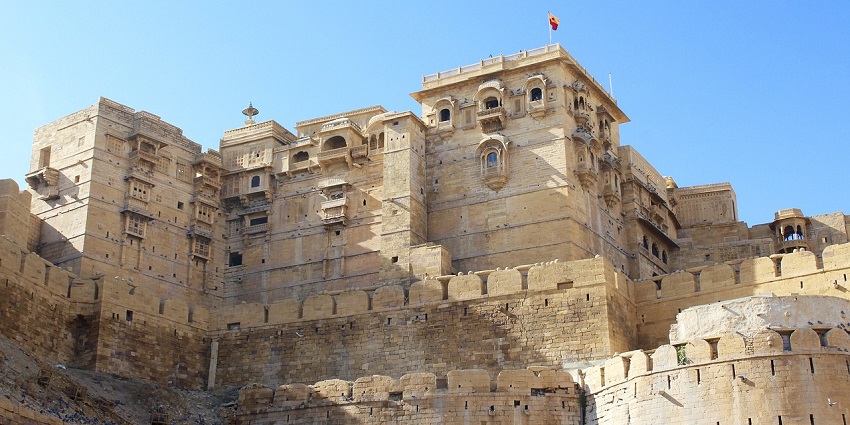
Photo: Pexels / Pixabay / Image For Representation Only
Shergarh Fort, within the sanctuary’s vicinity, is an ancient fortification that dates back to the mediaeval period. Perched on a hilltop, the fort offers stunning panoramic views of the surrounding landscape and the sanctuary’s lush greenery. The fort features historic architecture with its rugged walls and scenic surroundings, making it a great spot for history enthusiasts and photographers. Exploring the fort provides insights into the region’s rich history and offers a serene environment to enjoy the natural beauty of the area.
Timings: 9 AM – 6 PM
Entry Fee: Free
Suggested Read: Shergarh Fort Baran
2. Jawai Dam
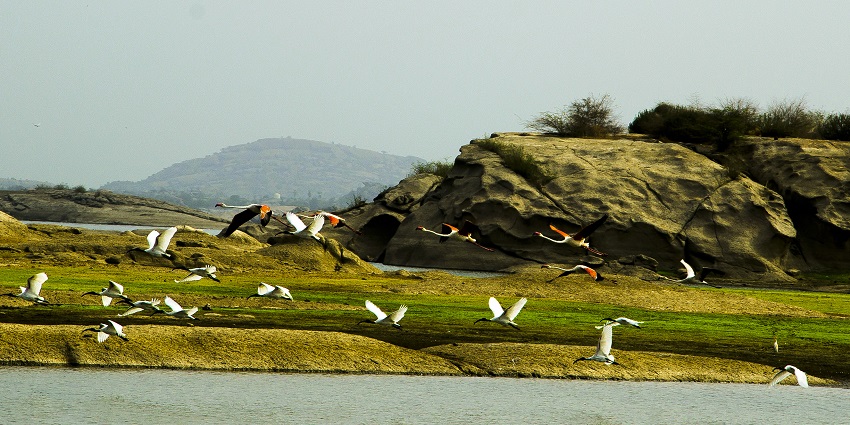
Photo: Koushik Ranjan Das / Wikimedia Commons
Jawai Dam, near the sanctuary, is a significant reservoir known for its picturesque setting and bird-watching opportunities. The dam, built across the Jawai River, is surrounded by hills and provides a peaceful environment for visitors. It is a popular spot for bird watching, especially during the migratory season, when various bird species flock to the area. The dam also offers boat rides, allowing visitors to experience the serene waters and enjoy views of the surrounding landscape.
Timings: 9 AM – 6 PM
Entry Fee: ₹50 per person
3. Sirohi City
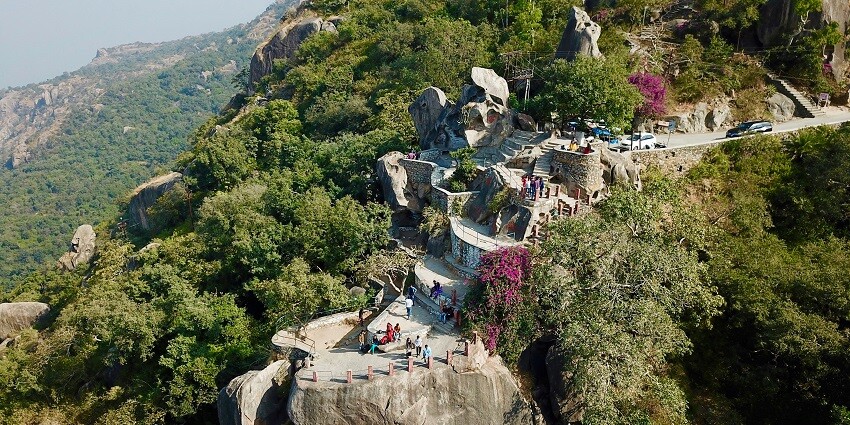
Photo: Freysteinn G. Jonsson / Unsplash
Sirohi City, the nearest urban centre to Shergarh Wildlife Sanctuary, offers a glimpse into the local culture and heritage of Rajasthan. The city features traditional Rajasthani architecture, bustling markets, and local eateries where you can experience authentic Rajasthani cuisine. Visiting Sirohi provides an opportunity to explore the region’s cultural heritage and interact with the local community, adding a cultural dimension to your wildlife adventure.
Timings: Open throughout the day
Entry Fee: Free
Suggested Read: Sirohi Fort
4. Kumbhalgarh Fort
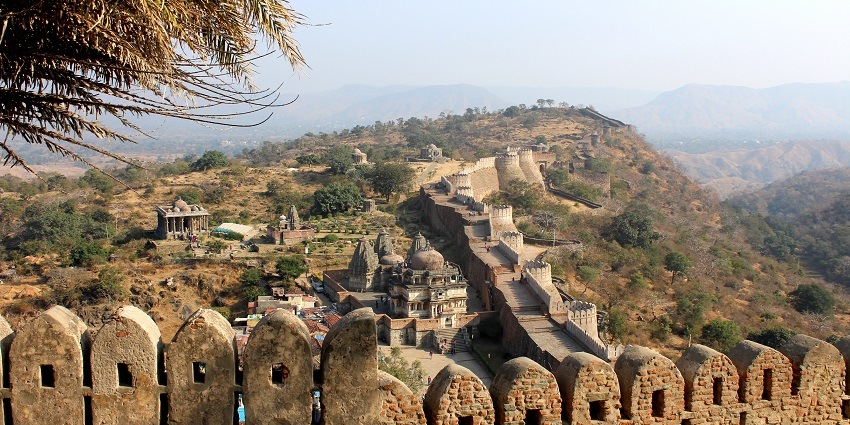
Photo: Varada Phadkay / Wikimedia Commons
Although not directly within Shergarh Wildlife Sanctuary, Kumbhalgarh Fort is a notable nearby attraction and a UNESCO World Heritage Site. The fort, known for its impressive walls and historic significance, is situated about 130 kilometres from the sanctuary. It is a popular destination for history enthusiasts and offers breathtaking views of the surrounding Aravalli hills. The fort’s architecture and historical relevance make it a worthwhile addition to your itinerary.
Timings: 9 AM – 6 PM
Entry Fee: ₹100 for Indians, ₹500 for foreign nationals
Where To Stay

Photo: Engin_Akyurt / Pixabay / Image For Representation Only
Accommodation options near Shergarh Wildlife Sanctuary vary from luxury resorts to budget hotels. The nearby towns of Sirohi and Abu Road offer several lodging choices, including hotels and guesthouses that cater to different budgets. Popular options include the Fort Palace Hotel in Sirohi and the Hotel Ashoka in Abu Road. These accommodations offer comfortable stays with modern amenities and easy access to the sanctuary. For a more immersive experience, consider staying at eco-friendly lodges or campsites near the sanctuary, providing a closer connection to nature.
Suggested Read: Places To Visit Near Rajasthan For A Memorable Vacation Experience
Where To Eat
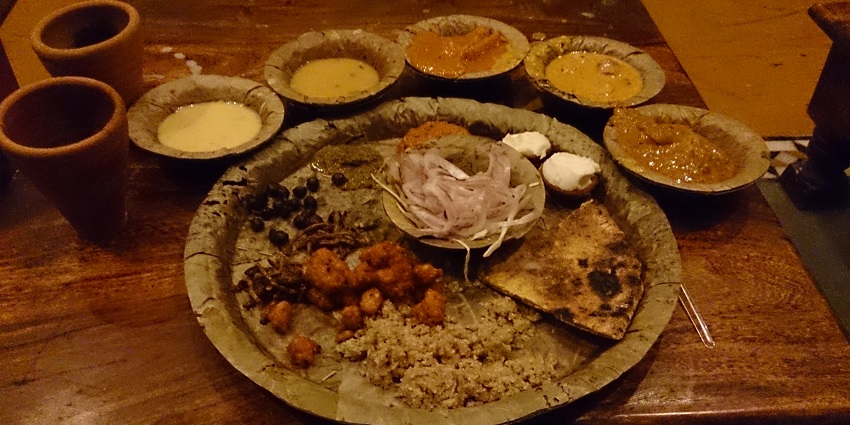
Photo: Saurabh Datar / Wikimedia Commons / Image For Representation Only
Dining options near Shergarh Wildlife Sanctuary include local eateries and restaurants in Sirohi and Abu Road. Popular restaurants offer a variety of traditional Rajasthani dishes, such as dal baati churma, gatte ki sabzi, and ker sangri. Local eateries and street food vendors provide an authentic taste of regional cuisine, with options ranging from spicy snacks to hearty meals. Many accommodations also offer in-house dining with a mix of local and international cuisine.
Best Time To Visit
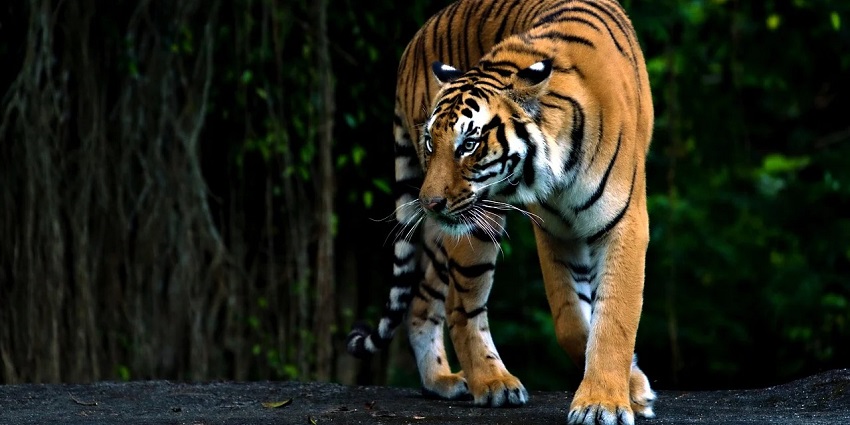
Photo: ignartonosbg / Pixabay / Image For Representation Only
The best time to visit Shergarh Wildlife Sanctuary is from October to March. During these months, the weather is cooler and more comfortable, making it ideal for wildlife sightings and outdoor activities. The temperatures are pleasant, and the risk of rain is low, allowing visitors to explore the sanctuary and enjoy its natural beauty. The monsoon season from June to September brings heavy rains, which can make travel difficult and affect wildlife visibility.
Suggested Read: Jungle Safari In Rajasthan
Other Factors To Consider

Photo: kaboompics / Pixabay / Image For Representation Only
Average Cost Of Trip
A typical trip to Shergarh Wildlife Sanctuary can range from ₹8,000 to ₹15,000 per person, depending on your choice of accommodation, dining, Shergarh Wildlife Sanctuary entry fee and activities. Luxury stays and guided tours can increase the overall cost, while budget options and self-guided tours can help manage expenses. Be sure to factor in costs for travel, entry fees, and any additional activities you plan to undertake.
Tips For Travellers
- Secure your accommodation and safari slots well in advance to ensure availability and the best rates, especially during peak seasons.
- Bring comfortable clothing, a hat, sunscreen, and sturdy walking shoes. Carry binoculars for wildlife spotting and a good camera for capturing the sanctuary’s beauty.
- Follow all guidelines and regulations to ensure a safe and respectful experience for both you and the wildlife.
- Carry sufficient water and stay hydrated, especially during outdoor activities and exploration.
Shergarh Wildlife Sanctuary is an ideal destination for everyone seeking a peaceful escape into nature. Its diverse wildlife, stunning landscapes, and serene atmosphere make it a perfect spot for wildlife enthusiasts and adventurers alike. Whether you’re exploring the sanctuary or the surrounding region, let TripXL handle your travel arrangements, ensuring a hassle-free and memorable experience tailored to your needs.
Cover Photo: Tim Promwanna / Unsplash / Image For Representation Only


 WhatsApp
WhatsApp
 Twitter
Twitter









